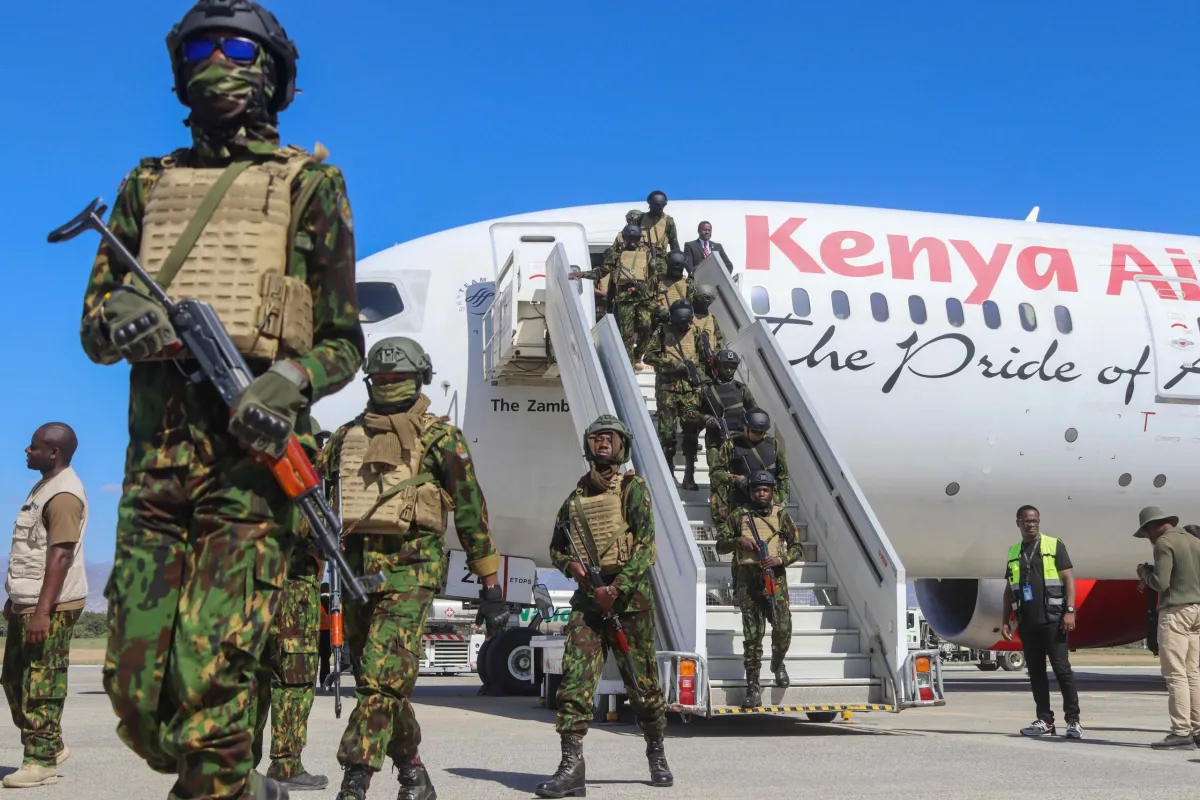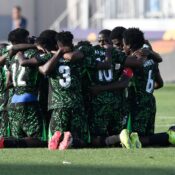
More Kenyan police officers are killed in gang-related conflicts in Haiti
Three Kenyan police officers told Reuters that two of their colleagues had been gravely hurt in gang-related confrontations in Haiti during the previous week, adding to the mission’s mounting death toll as it faces more and more attacks.
Kenya initially sent officers to the Multinational Security Support (MSS) mission in June of last year. Approximately three-quarters of the 1,000 security professionals currently serving in the mission are from Kenya.
Since the beginning, the mission, which aims to restore enough security for Haiti to have elections by February 2026, has struggled with morale and there has been ambiguity about its potential expansion due to the rise in gang violence.
The MSS said last week that another Kenyan officer was missing after it lost its first member in February. The three officers stated he was thought to be dead but pleaded not to be named for fear of retaliation.
The two injuries, they said, occurred during normal patrols in and around Port-au-Prince, the capital, which is primarily governed by heavily armed gangs known to have killed thousands of people since 2021.
According to MSS spokesperson Jack Ombaka, two policemen were sent to the Dominican Republic for medical treatment.
“As in any mission, casualties are sometimes unavoidable,” he explained.
The three officers bemoaned the lack of proper equipment and claimed that the gangs were targeting them more frequently.
Another cop was struck in the ear when a bullet entered an armored vehicle via the walls, while another officer was shot in the skull after a round entered his helmet, according to the report.
The three officers claimed that since this past weekend, twenty armored vehicles have been grounded after officers refused to use them, claiming that this was the second time a vehicle had failed to stop a bullet.
Two senior MSS officers told Reuters that an MSS delegation will visit Washington this week to voice concerns to U.S. officials on the quality of protective gear.
The mission has had difficulty obtaining substantial contributions from other nations, and the majority of its finance and equipment has come from the United States.
Analysts say the deployment is also driven by a desire to improve the nation’s international standing and gain favor with the United States, despite Kenya’s government claiming humanitarian motives for its action in Haiti.
Concerning the equipment, Ombaka responded, “MSS continues to receive increased logistical support from partners and stakeholders, with assurances that all equipment meets international standards.”
An inquiry was not immediately answered by the U.S. State Department.
All Categories
Recent Posts
Tags
+13162306000
zoneyetu@yahoo.com



